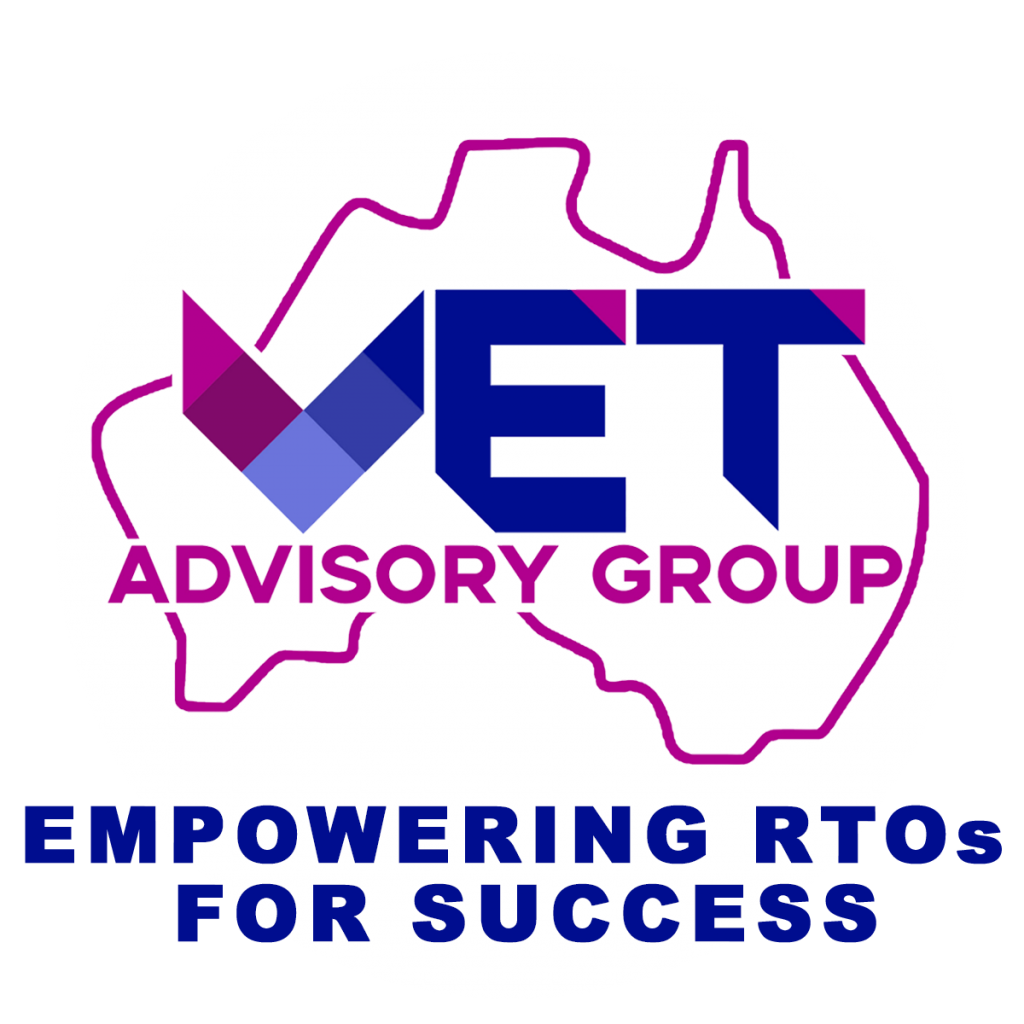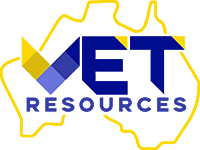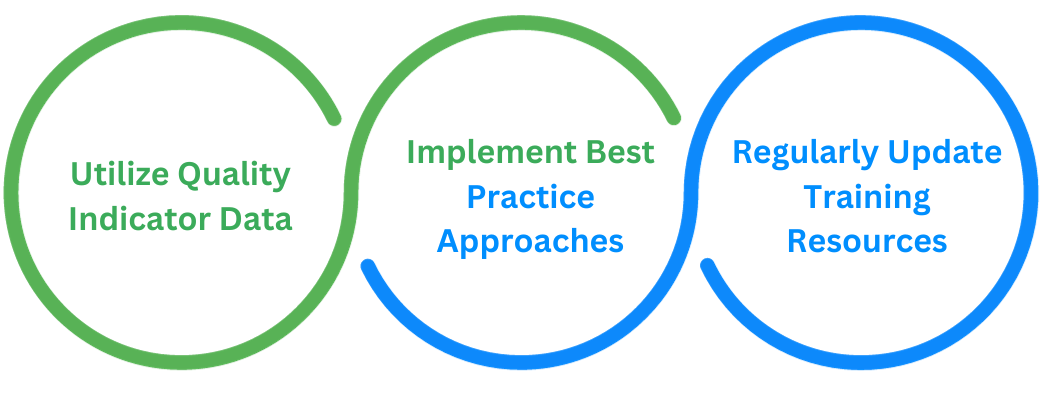
Introduction
The Australian Skills Quality Authority (ASQA) symbolises high standards and outstanding performance in Australia’s vocational education industry. The ASQA Standards for Registered Training Organisations 2020 are a vital set of guidelines ensuring that Registered Training Organisations (RTOs) uphold the highest standards in education and training. This article serves as a practical guide, aiming to demystify these standards and provide a clear path to compliance and success. The National Vocational Education and Training sector is diverse, and adhering to the ASQA Standards 2020 ensures that every RTO contributes positively to this vibrant educational landscape.
The VET Quality Framework and Australian Qualifications Framework are integral to maintaining the high standards of education expected in Australia. The ASQA Standards 2020 align with these frameworks, ensuring consistency and quality across the board. From understanding the data provision requirements to implementing best practice regulation, this guide will cover various issues, providing insights and actionable steps for RTOs. Whether navigating third party arrangements, managing electronic student records, or ensuring financial viability, this article is designed to guide you through the ASQA Standards 2020, ensuring your RTO complies with the regulations and thrives in the ever-evolving educational landscape.
Understanding ASQA Standards 2020
The Australian Skills Quality Authority (ASQA) has established the ASQA Standards 2020 to ensure that Registered Training Organisations (RTOs) throughout Australia deliver high-quality education and training. These standards are crucial for maintaining the integrity and reputation of the National Vocational Education and Training sector. This section will delve into the ASQA Standards 2020 and why they are so important for RTOs.
Overview of ASQA Standards 2020
The ASQA Standards 2020 are regulations and guidelines designed to ensure RTOs provide education and training that meet industry needs and comply with national standards. They cover a wide range of areas, including:
- Quality of Training: Ensuring that training meets industry standards and equips students with necessary skills and knowledge.
- Assessment Practices: Establishing robust assessment methods to gauge student performance and competence accurately.
- Governance and Administration: Implementing effective governance structures and administrative practices to support quality training delivery.
- Student Support and Welfare: Providing adequate support and resources to students throughout their learning journey.
Significance of Compliance
Compliance with the ASQA Standards 2020 is not just a legal requirement but a commitment to excellence and quality in education. Here’s why it matters:
- Maintaining Accreditation: Non-compliance can lead to loss of accreditation, affecting the RTO’s ability to operate.
- Building Reputation: Adherence to the standards enhances the RTO’s reputation among students, industry partners, and regulatory bodies.
- Continuous Improvement: The standards encourage RTOs to evaluate and improve their training programs and services continually.
Key Changes in ASQA Standards 2020
Compared to the previous Standards for RTOs 2015, the ASQA Standards 2020 have introduced several updates and changes. Some of the key differences include:
- Enhanced Focus on Student Outcomes: The focus should be on providing training that results in favourable outcomes for students, such as improved career prospects and employment opportunities.
- Streamlined Governance Requirements: Simplified governance and administrative requirements to reduce the burden on RTOs while maintaining high standards.
- Updated Assessment Practices: Revised guidelines on assessment practices to ensure they are fair, flexible, and focused on student competence.



